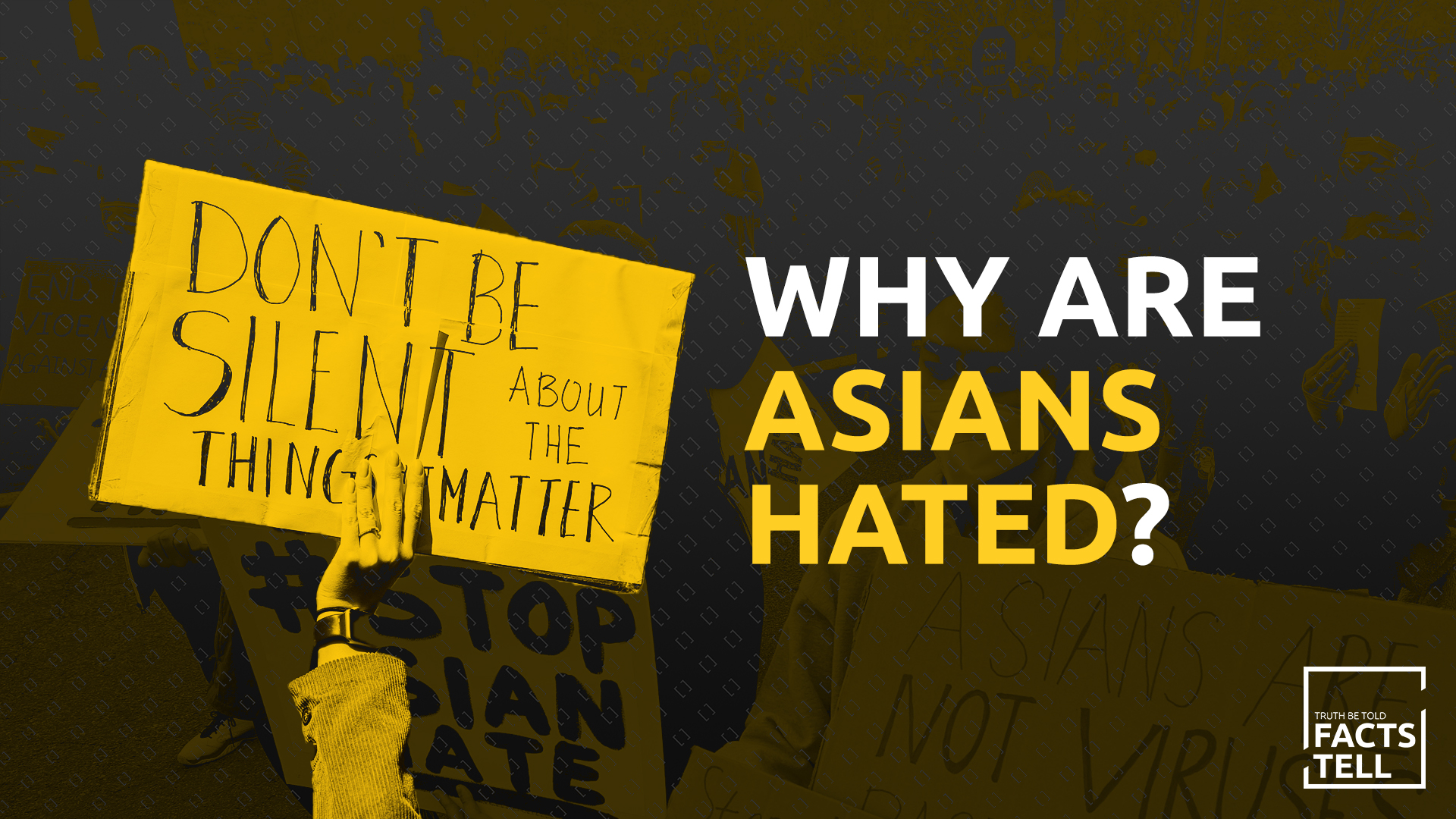05:48

Ranging from shunning to verbal abuse or physical assault, hate attacks against Asian Americans have escalated across major U.S. cities since last year.
Asian Americans reported nearly 3,800 hate-related incidents from March 19, 2020, to February 28, 2021, according to a report released by Stop AAPI Hate, a non-profit coalition tracking incidents of violence, discrimination and harassment. Women and the elderly were the main targets of these attacks.
Why are hate crimes against Asians on the rise?
White House Press Secretary Jennifer Psaki said during a press briefing that there is "no question" Trump's rhetoric regarding COVID-19 worsened anti-Asian sentiment.
But is the pandemic the only reason?
In fact, racial discrimination in the United States has a long history. Since the first batch of Asian immigrants came to the United States in the 1850s, Asian Americans have faced racism stemming from white supremacy. Today, despite changes in the U.S. population structure, hatred toward Asian Americans is still prominent.
"From the end of the 19th century to the beginning of the 20th century, the population structure of the United States has been changing," said Ji Hong, researcher at the Institute of American Studies, Chinese Academy of Social Sciences. "According to data from the U.S. Census Bureau, the white population in the U.S. will be below 50 percent of the total by 2043. For white people, this is very hard to accept, but they have to accept it. They will feel insecure."
The rising hatred for Asian Americans was also somewhat influenced by stereotypes in American culture.
"One of the main reasons I believe is because of how the Western media has portrayed Asian females as a stereotype in the past centuries. You know from the different films we have watched over the over the past years, a lot of these stereotypes are hyper-sexualized narratives, which has led to the recent sexual objectification and violence, to my belief," said Jingwen Wang, a Chinese fashion designer who has lived in the U.S. for 11 years.
Why are hate crimes rarely charged?
In the Atlanta shooting case, a local police officer's remarks brought about widespread criticism because he appeared to indicate that the suspect was not motivated by racism.
"The suspect did take responsibility for the shootings. He said that early on, once we began interviews with him. He claims that these – and as the chief said, this is still early – but he does claim it was not racially motivated," said Captain Jay Baker, director of communications and community relations at the Cherokee County Sheriff's Office.
But the captain was found to have posted a picture to promote a T-shirt with obvious racism.
Actually the law of hate crimes in the U.S. can be traced back to the Civil Rights Act of 1968, which stipulates that it is a crime to attack or threaten others based on "race, color, religion, or nationality."
But in attacks against Asians, it may be particularly difficult to prove racist motives. Many Asian crime victims are small business owners who've been robbed, which complicates the issue of motivation.
Meanwhile, victims themselves often do not report these crimes. In the 2007-2011 hate crime survey, 24 percent of the people said that they did not submit a report because they believed that the police could not or would not provide help, according to the U.S. Bureau of Justice Statistics, National Crime Victimization Survey (2003-2011).
Is there a way out for Asian Americans?
The surge in hate crimes against Asians has caused fear in the Asian community, and some are buying guns to protect themselves.
Poway Weapons and Gear in California saw a 20 percent increase in Asian American first-time buyers over the past year compared with the year before, Danielle Jaymes, the store's general manager, told Forbes.
There may be a light at the end of the tunnel for the pandemic, but how about the hatred for Asian Americans?

